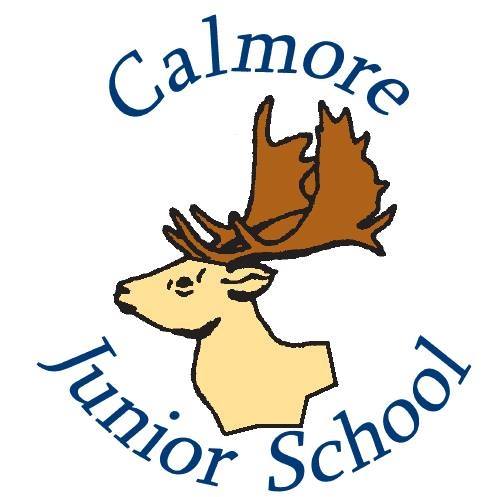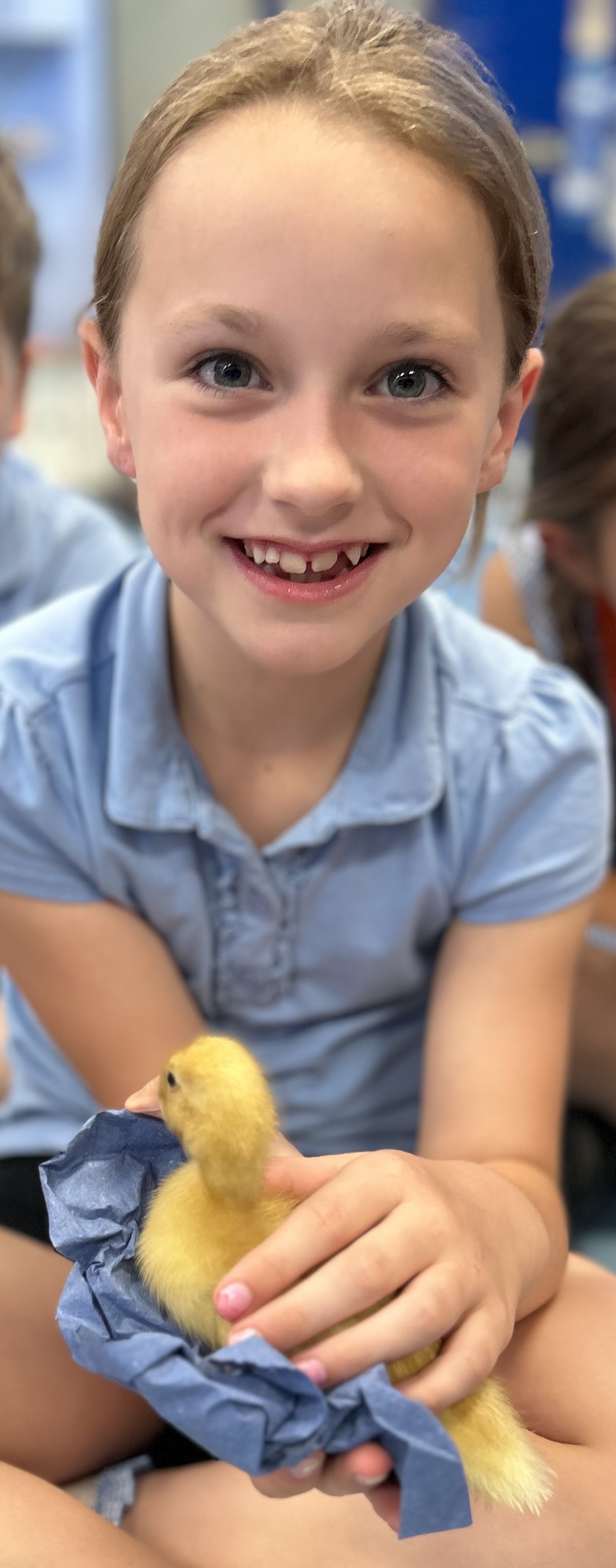Science
Intent
At Calmore Junior School, we deliver high-quality science education that provides the foundations for understanding our world through biology, chemistry and physics. Science has changed our lives and is vital to understanding how our world works so it is recognised that pupils should be encouraged to develop a sense of excitement and curiosity about natural phenomena. They are encouraged to understand how science can be used to explain what is occurring, predict how things will behave, and analyse causes.
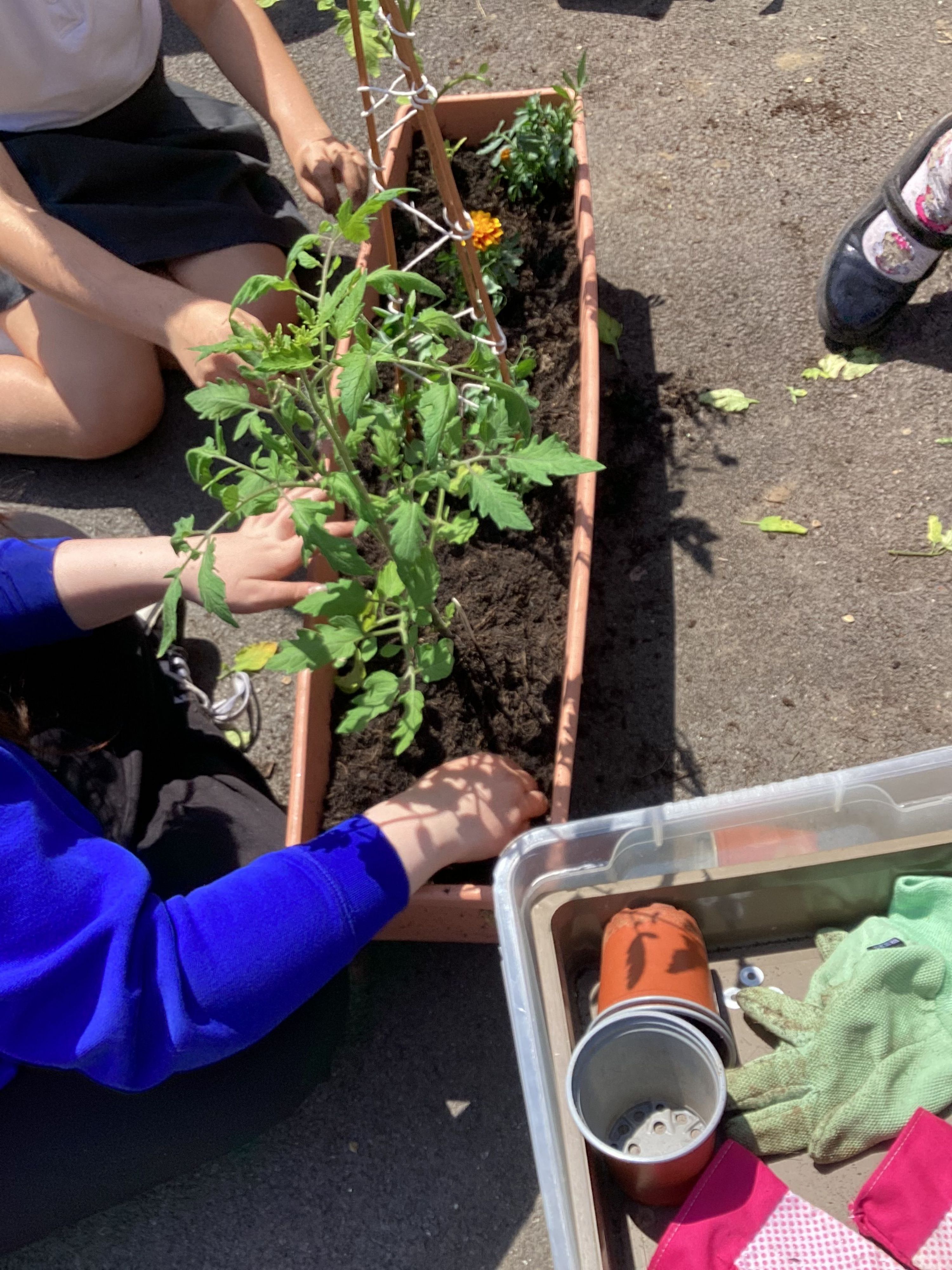
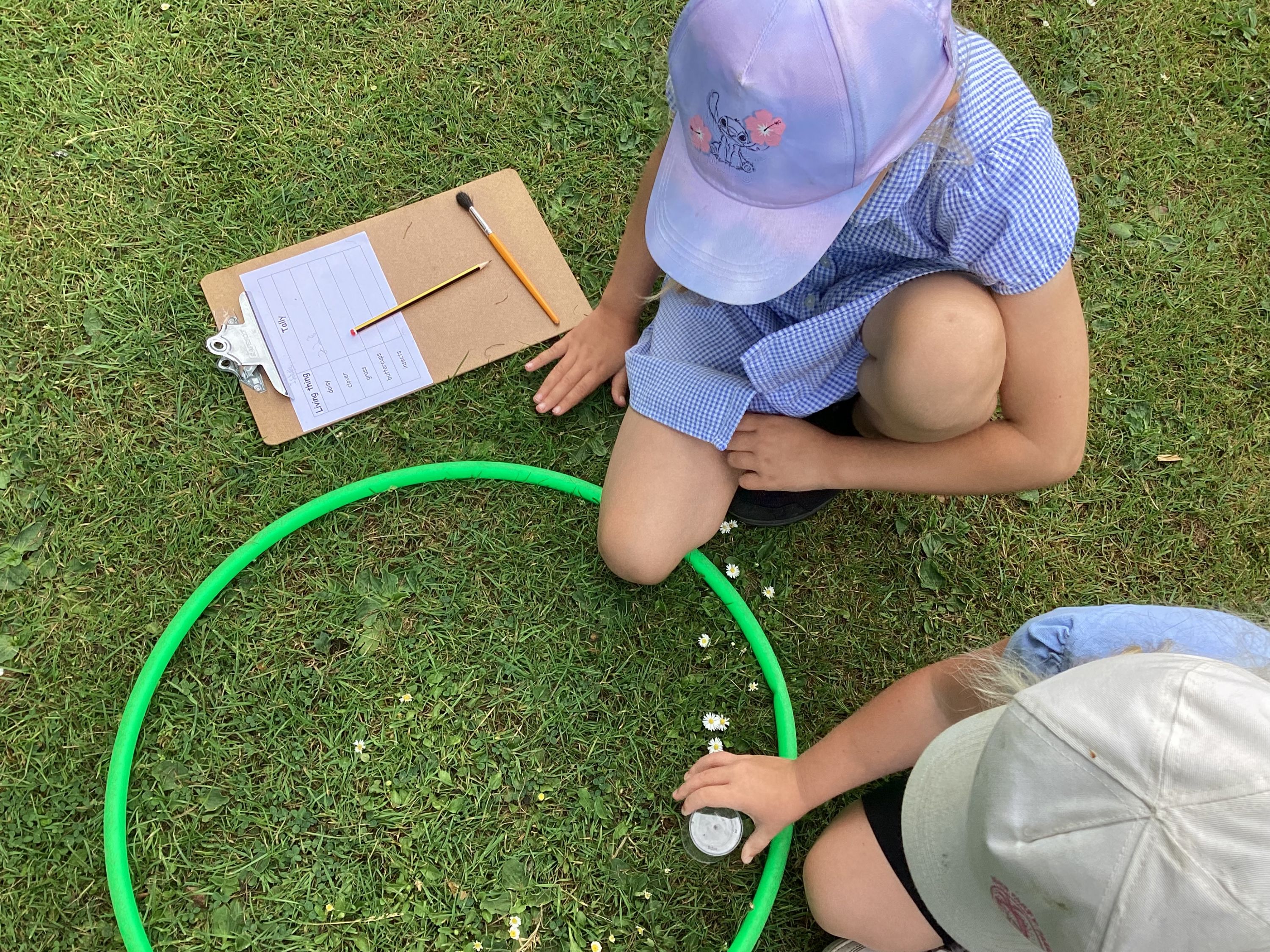
Implementation
Using the National Curriculum, we will ensure that children receive a rich science curriculum that build on skills and knowledge from Year 3 to Year 6. Science will be taught in topics ensuring the integrity of the subject remains at the forefront.
Science knowledge organisers for science are in place to ensure:
- Secure scientific knowledge for staff (‘What you need to know’)
- Accurate understanding of the specific scientific concepts
- Key substantive and disciplinary knowledge
- Links to prior science learning
- Science vocabulary
- The integrity of each individual subject
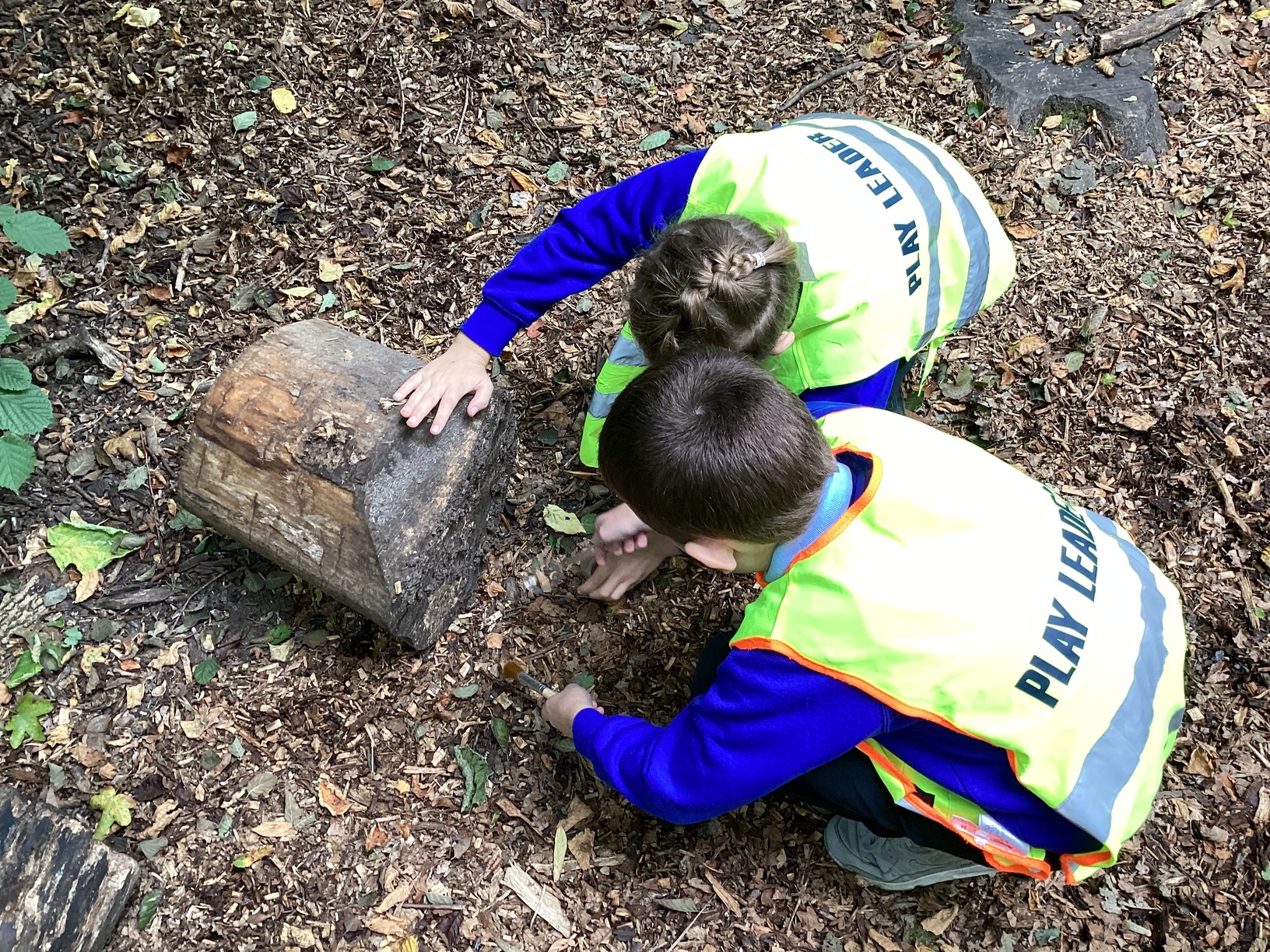
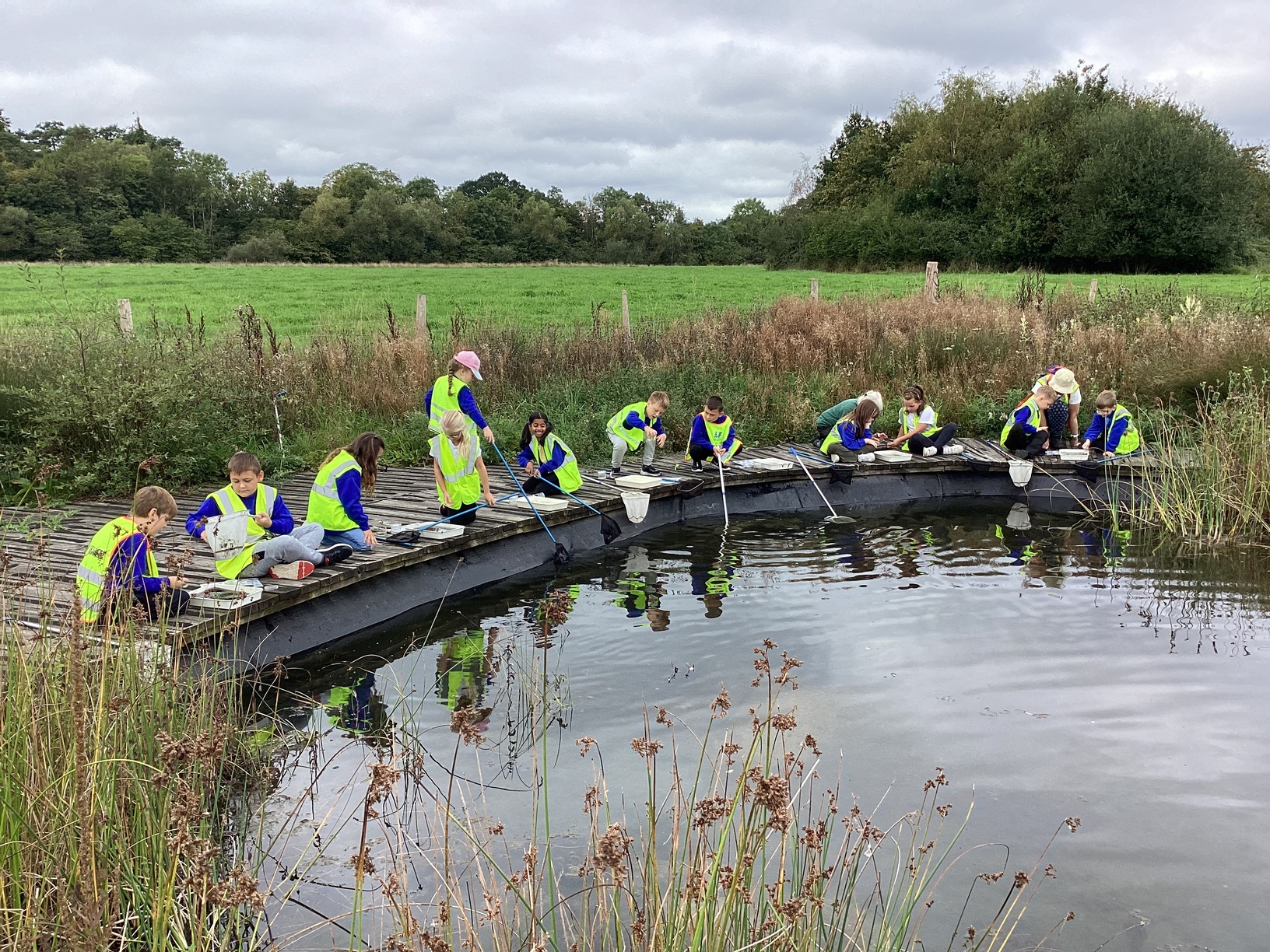
Our science topics will include our curriculum principles:
- Enrichment/Enjoyment (eg learning from experts/carrying out practical experiments/contextualising scientific understanding through their own world)
- Depth & Challenge (A depth of experience is gained through learning skills-eg creating/ designing/ developing/ appraising/ questioning/ experimenting/analysing/evaluating/predicting, hypothesising, planning and concluding)
- Quality Outcome which gives purpose to the learning (eg leaflet/PowerPoint/video)
- Personalisation (Giving children choice and a passion for following own lines of enquiry- choose outcome/choice of resources/choose layout/choose study route)
- Connections (eg links to prior science topics/skills/knowledge)
- Relevant to our children and context (Bespoke to Calmore children eg looking at where we see science in action in our local community)
- Purposeful (Identifying the purpose for learning and the intended outcome -real life audiences/real experiences)
- Enquiry based/igniting curiosity (Enquiry questions/children asking questions/P4C)
- Extended writing opportunity (In all units-site of application-giving children the opportunity to apply the skills learnt within different styles of writing)
- Maths (Giving children the opportunity to develop and apply previously learnt maths skills eg data handling/number/tallying/measures)
As with our other topics, each science unit will commence with a hook (dress up day/trip/workshop) and end with an exit point (display of work/assembly)
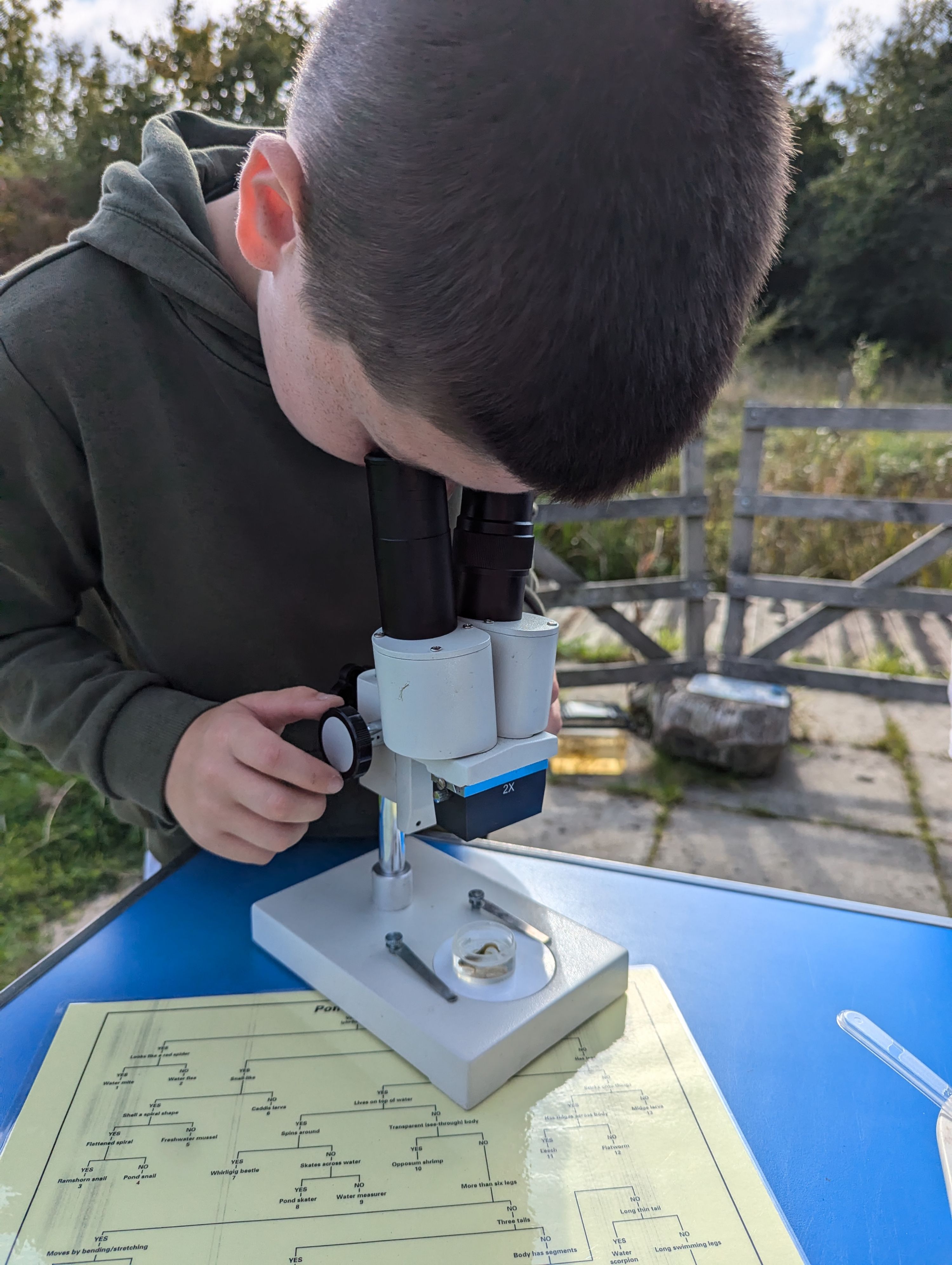
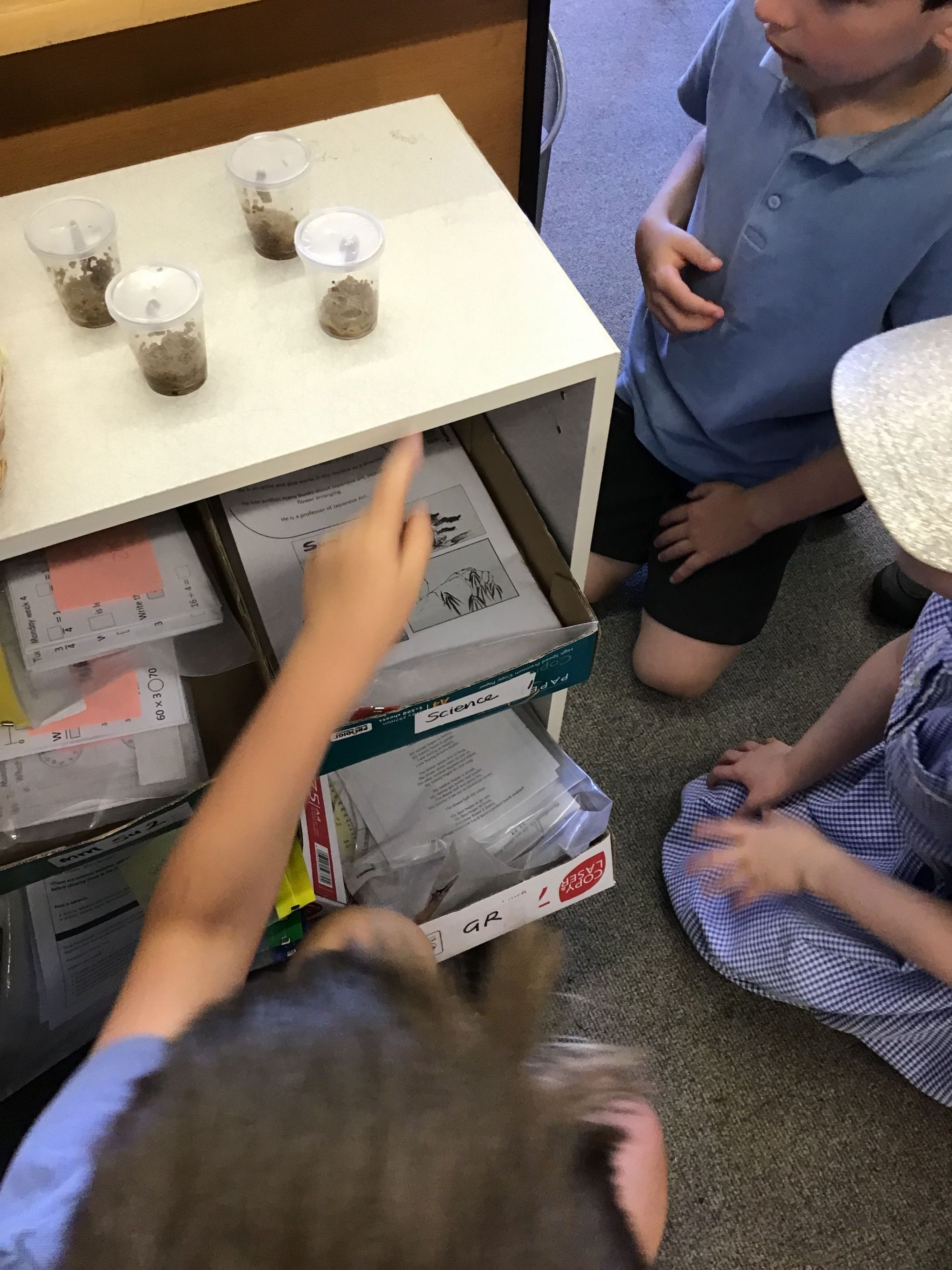
Impact
At the end of Key stage 2 we want our children to:
- develop scientific knowledge and conceptual understanding through the specific disciplines of biology, chemistry and physics
- develop understanding of the nature, processes and methods of science through different types of science enquiries that help them to answer scientific questions about the world around them
- be equipped with the scientific knowledge required to understand the uses and implications of science, today and for the future.
- use ideas from the learning journey to accurately predict and hypothesise, even if their prediction or hypothesis is ‘known’ to be incorrect
- change, measure and keep same the variables
- recognise when error makes conclusions unreliable and be able to seek ways to overcome error
- consistently and accurately identify if there is a relationship between what they change and measure (cause and effect)
- consistently seek to control other potentially relevant variables
- use an understanding of error to describe how confident they are in their conclusions
